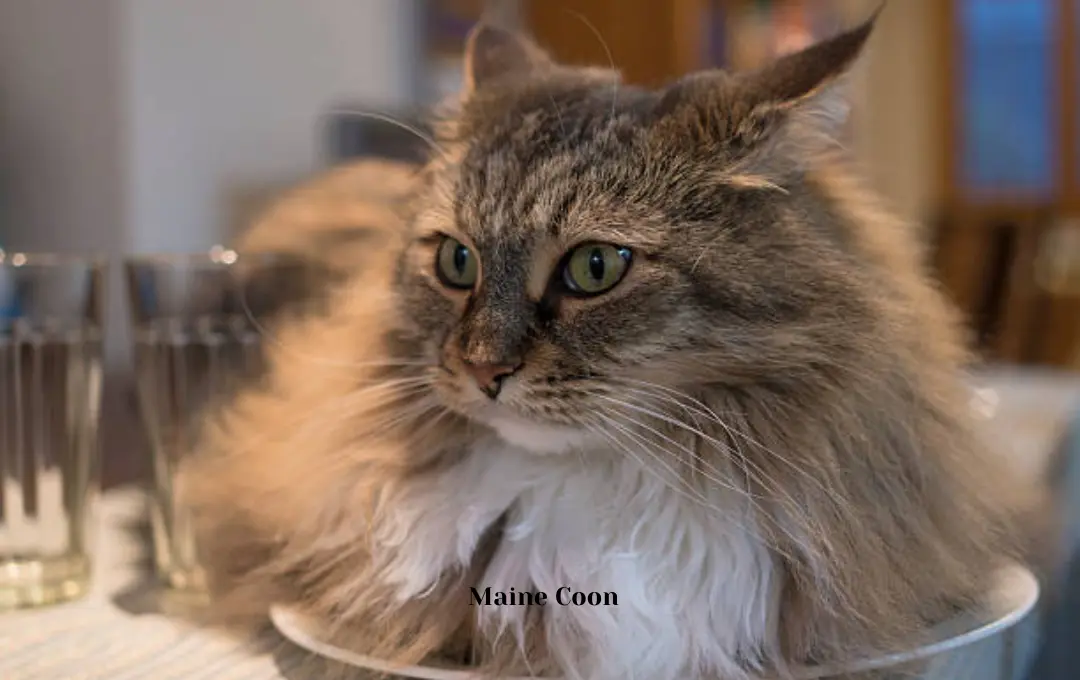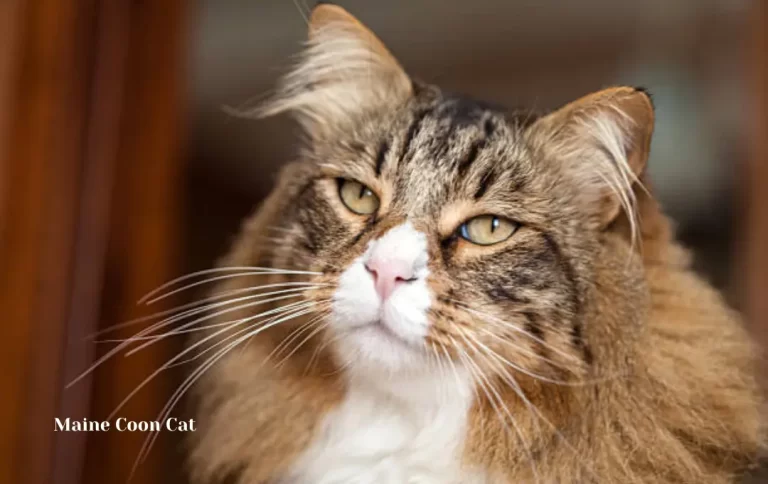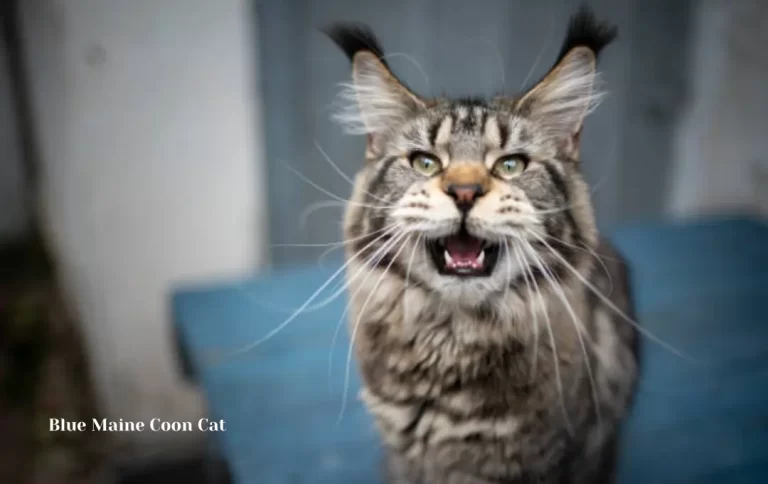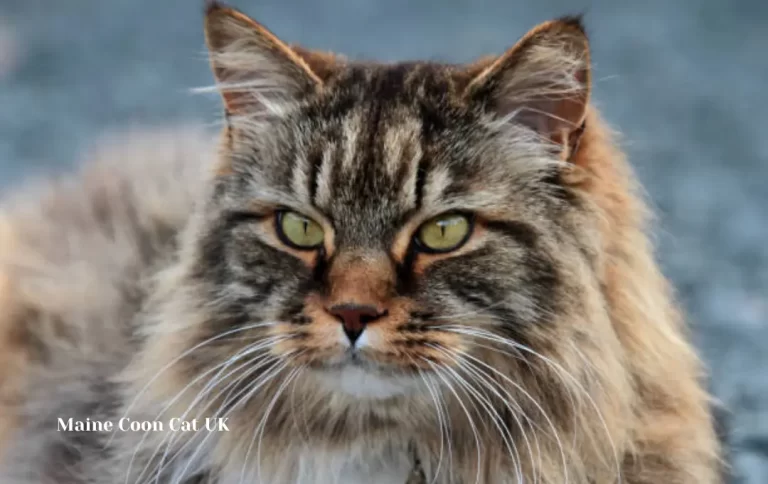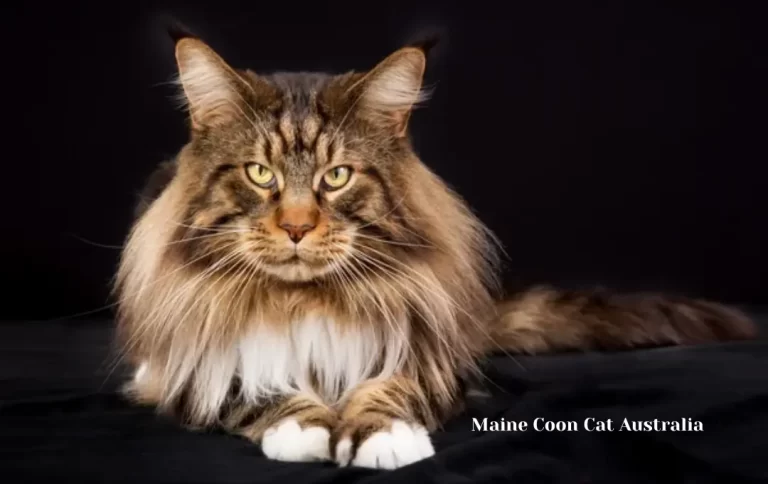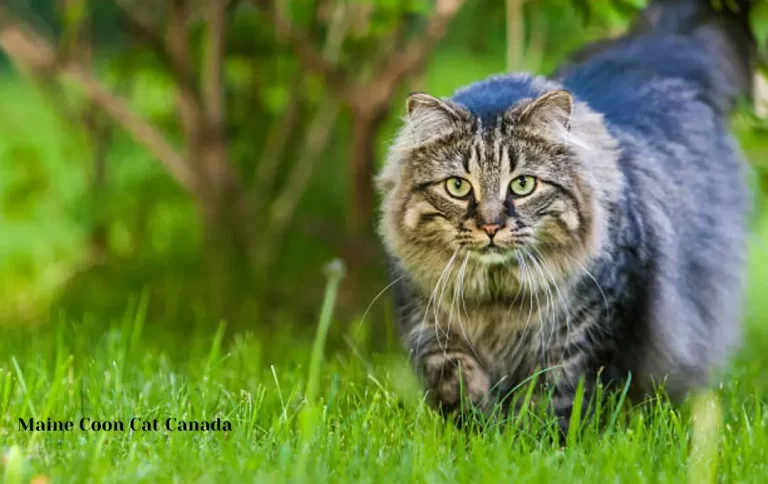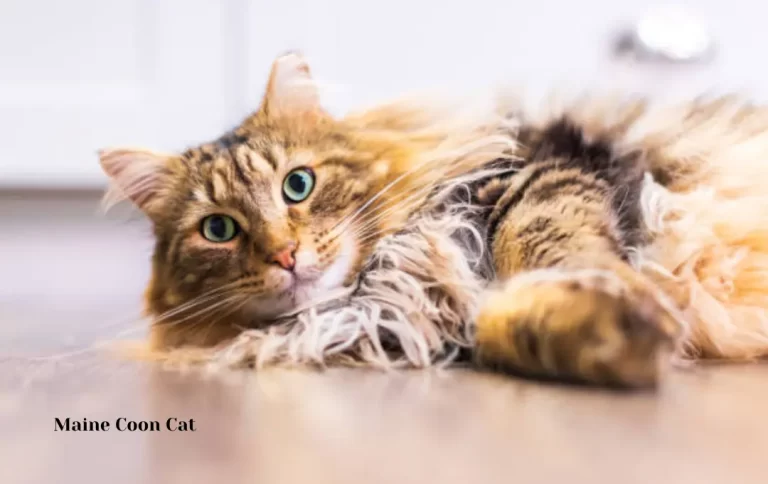The reasonable average price of a Maine coon cat in 2023
Maine Coon cats, known for their majestic size, stunning appearance, and friendly demeanor, have captivated the hearts of cat enthusiasts worldwide. These gentle giants are often a top choice for those seeking a feline companion. However, the Maine Coon cat average price can vary significantly. In this article, we delve into the Average price of a Maine coon cat, exploring the factors that influence their price and helping you understand the average cost of these magnificent felines.
A Brief History of Maine Coon Cats
To truly appreciate the price and value of a Maine Coon cat, it’s essential to understand the fascinating history and origin of this unique breed. The Maine Coon is a breed that proudly bears the distinction of being native to the United States, making it a source of national pride. The breed’s history is steeped in legend and folklore, adding an air of mystique to these extraordinary felines.
Origins in Folklore
The origins of the Maine Coon cat are shrouded in legend and folktales. One of the most popular stories surrounding the breed suggests that they are the result of a romantic liaison between a domestic cat and a raccoon (hence the name “Coon”). This myth, although charming, is biologically impossible, as cats and raccoons are separate species. The more plausible theory is that the breed developed from domestic cats brought to North America by seafarers and early settlers.
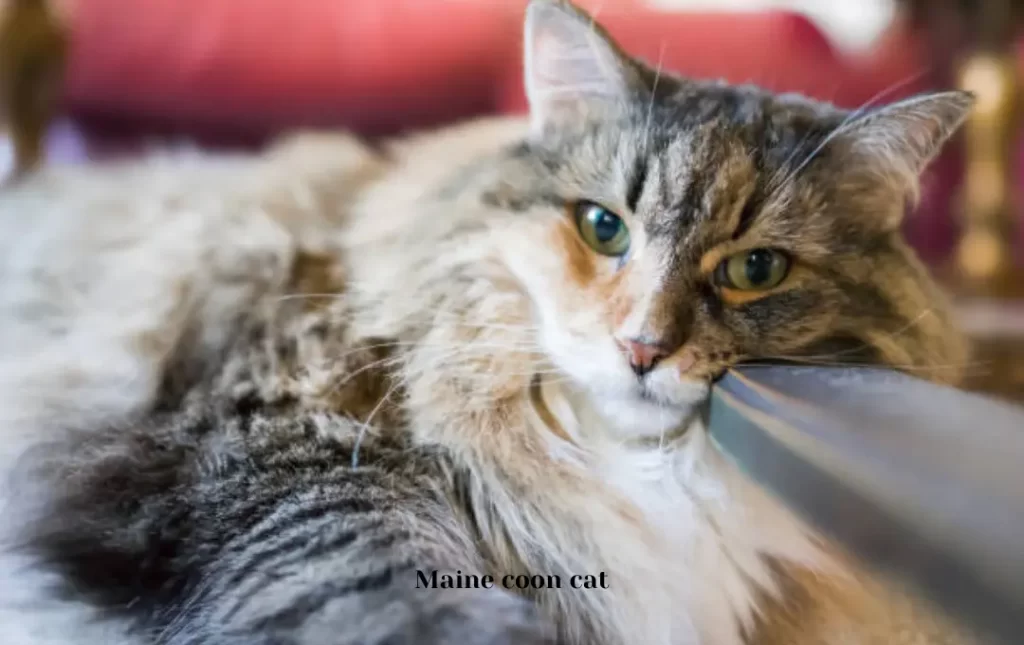
Historical Ancestry
The Maine Coon’s ancestry is a tapestry of adaptations and natural selection. It’s believed that these cats arrived in North America in the early colonial era. The harsh New England winters and rugged terrain played a significant role in shaping their evolution. Only the most robust and adaptable cats survived in this environment, leading to the development of a breed with unique characteristics that allowed them to thrive.
The First Official Mention
The Maine Coon cat first gained recognition in the mid-19th century. The breed’s distinctive traits were documented in writings from that era. One of the earliest mentions was in Frances Simpson’s 1903 book, “The Book of the Cat,” where she praised the breed’s beauty and personality.
Breeding Standards and Recognition
Maine Coon cats have come a long way from their humble origins. In 1861, a brown tabby Maine Coon named “Captain Jenks of the Horse Marines” was featured in the first cat show held in the United States. However, it wasn’t until the 20th century that formal breeding programs began. In 1968, the Maine Coon was officially recognized as a breed by The Cat Fanciers’ Association (CFA), one of the largest cat breed registries in the world.
Traits and Characteristics
Maine Coon cats are celebrated for their distinctive physical traits, which reflect their rugged New England heritage. They are one of the largest domesticated cat breeds, with a solid bone structure, muscular bodies, and thick, water-repellent fur. Their bushy tails, tufted ears, and large, expressive eyes contribute to their captivating appearance.
Personality and Temperament
Apart from their physical attributes, Maine Coon cats are beloved for their charming personalities. They are known for their sociable and gentle nature, making them ideal companions for families. They are intelligent and often exhibit playful behaviors, making them popular pets.
Factors Affecting the Price of Maine Coon Cats
The price of a Maine Coon cat can vary significantly depending on a multitude of factors. Understanding these factors is crucial in comprehending why some Maine Coon cats are more expensive than others. Below, we delve into the key elements that influence the cost of these remarkable felines:
Breeder Reputation:
When it comes to purchasing a Maine Coon cat, one of the most critical factors influencing the price is the reputation of the breeder. Reputable breeders are those who are known for their ethical breeding practices, commitment to the welfare of their cats, and dedication to producing healthy and well-socialized Maine Coon kittens. Here’s why breeder reputation matters:
Ethical Standards: Reputable breeders adhere to a strict code of ethics in their breeding programs. They prioritize the health and well-being of their cats over profit and are committed to upholding high standards of care. This includes providing clean and spacious living conditions, regular veterinary check-ups, and appropriate nutrition.
Health Guarantees: Established breeders often provide health guarantees for their kittens. This means that they offer assurances regarding the health of the cat at the time of purchase and may even provide a limited health warranty. This can be particularly valuable, as it demonstrates the breeder’s confidence in the health of their kittens.
Genetic Testing: Responsible breeders frequently conduct genetic testing to screen for hereditary diseases and conditions that are common in Maine Coon cats. This helps ensure that kittens are less likely to inherit or develop such health issues, providing peace of mind to buyers.
Socialization: Reputable breeders invest time and effort in socializing their kittens. This involves exposing the kittens to various people, environments, and experiences, ensuring they are well-adjusted and prepared for life as a family pet.
References and Reviews: Established breeders often have a track record of satisfied customers. You can ask for references and read reviews from previous buyers to gauge the breeder’s reputation and the quality of their cats.
Breed-Specific Knowledge: Knowledgeable breeders have a deep understanding of the Maine Coon breed, including its history, temperament, and specific care requirements. They can provide valuable guidance to prospective cat owners.
Transparency: Reputable breeders are transparent about the lineage, pedigree, and health history of their cats. They are willing to answer questions and provide information about the kitten’s parents, including their genetic backgrounds and any awards or recognitions.
Responsible Breeding Practices: Responsible breeders do not overbreed their cats and ensure that females have adequate recovery time between litters. They also limit the number of litters a cat produces in their lifetime.
While choosing a reputable breeder might result in a higher upfront cost for a Maine Coon kitten, it can be a worthwhile investment in ensuring the health, well-being, and ethical treatment of your future feline companion. It’s essential to conduct thorough research, ask questions, and visit the breeder’s facilities if possible to assess their reputation and practices before making your decision.
Pedigree:
The pedigree of a Maine Coon cat plays a significant role in determining its price. A cat’s pedigree refers to its ancestral lineage, and Maine Coons with distinguished pedigrees often command a higher price for several reasons:
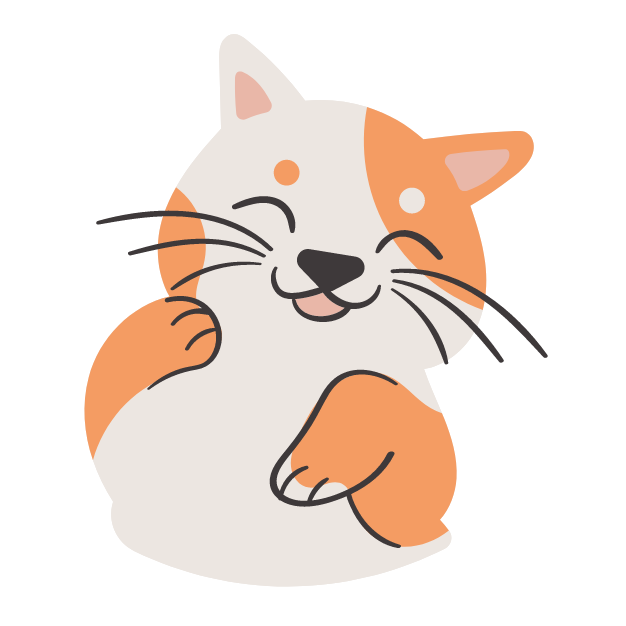
Is a Maine Coon a pedigree?
The Maine Coon is very popular and one of the most sought-after Pedigree cats in the registry.
Pure Breed Status: A cat with a well-documented pedigree is more likely to be a purebred Maine Coon. Purebred status is important for buyers seeking a cat with specific breed characteristics and attributes.
Champion Bloodlines: Some Maine Coon cats can trace their lineage back to cats that have achieved champion status in cat shows. These champion bloodlines often produce kittens that conform more closely to the breed standards, which can include traits like larger size, striking markings, and luxurious fur.
Predictable Traits: Cats with known pedigrees are more likely to exhibit predictable traits and characteristics. This can be especially important for buyers who desire a Maine Coon with particular features, such as specific coat patterns or colors.
Show Potential: Maine Coon cats with exceptional pedigrees may have the potential to excel in cat shows. If you’re interested in showcasing your cat in competitions, a cat with a strong pedigree can be a valuable investment.
Breeding Rights: Some buyers are interested in purchasing Maine Coon cats for breeding purposes. Cats with excellent pedigrees may come with breeding rights, allowing buyers to enter the world of cat breeding.
Investment Value: For some, Maine Coon cats with impressive pedigrees are seen as investments. While it’s essential to remember that cats are living beings, not commodities, the purchase of a cat with a strong pedigree can potentially appreciate in value over time.
Rarity and Exclusivity: Pedigree cats often come from established catteries that are known for producing high-quality Maine Coons. Owning a cat from such a cattery can provide a sense of exclusivity and prestige.
It’s important to note that the presence of a pedigree does not guarantee the overall health, temperament, or compatibility of a cat with your household. While pedigree can provide valuable information about a cat’s lineage, it’s only one of several factors to consider when selecting a Maine Coon cat.
Color and Coat Pattern:
The color and coat pattern of a Maine Coon cat are significant factors that can influence its price. Maine Coons come in a wide variety of colors and patterns, and some are more sought after than others. Here’s how color and coat pattern affect the price of Maine Coon cats:
Rare and Sought-After Colors: Some colors, such as solid white, silver, and certain shades of red or tortoiseshell, are considered rare and highly desirable. Cats with these uncommon colors often come with a premium price tag.
Distinctive Patterns: Maine Coon cats can exhibit various coat patterns, including tabby, mackerel, blotched, and others. Patterns that are well-defined and symmetrical can be considered more desirable, especially if they conform to breed standards.
Bi-Color and Tri-Color Cats: Bi-color and tri-color Maine Coon cats, which may have large white areas on their bodies in addition to their primary color, can be more expensive due to their distinctive appearance.
Variations in the Face and Ears: The presence of specific facial markings or ear tufts, which are characteristic of the breed, can add to a cat’s appeal and price.
Coat Texture and Length: While Maine Coon cats typically have semi-long fur, the texture and length of the coat can also influence the price. Cats with exceptionally thick and luxurious fur may be more expensive.
Individual Preferences: Ultimately, individual preferences play a role in determining the value of color and coat pattern. What one person finds attractive, another may not, so the perceived value of these traits can vary from buyer to buyer.
Age:
The age of a Maine Coon cat is a significant factor influencing its price. Maine Coons are available at various life stages, from kittens to adults, and the age of the cat can impact its cost for several reasons:
Kittens: Maine Coon kittens are typically the most expensive option. These tiny furballs are in high demand due to their adorable appearance and the joy of raising a cat from a young age. People often prefer kittens because they can be more easily socialized and trained to fit into their new homes.
Adolescents: Cats that have outgrown the kitten stage but are still relatively young may be less expensive than kittens. However, they are still considered in their prime, with many years of companionship ahead.
Adult Cats: Adult Maine Coon cats, typically over one year of age, are often less expensive than kittens and adolescents. Some buyers prefer adult cats because their personalities and characteristics are more established, making it easier to determine if they are a good fit for a particular household.
The age of a Maine Coon cat is closely tied to its life stage and the specific requirements of potential owners. While kittens are endearing and full of energy, they require substantial time and effort in terms of socialization and training. On the other hand, adult cats may already be trained and exhibit more predictable behavior.
Health and Vaccinations:
The health and vaccination status of a Maine Coon cat can significantly affect its price. Buyers are often willing to pay more for a cat with a clean bill of health and up-to-date vaccinations for several reasons:
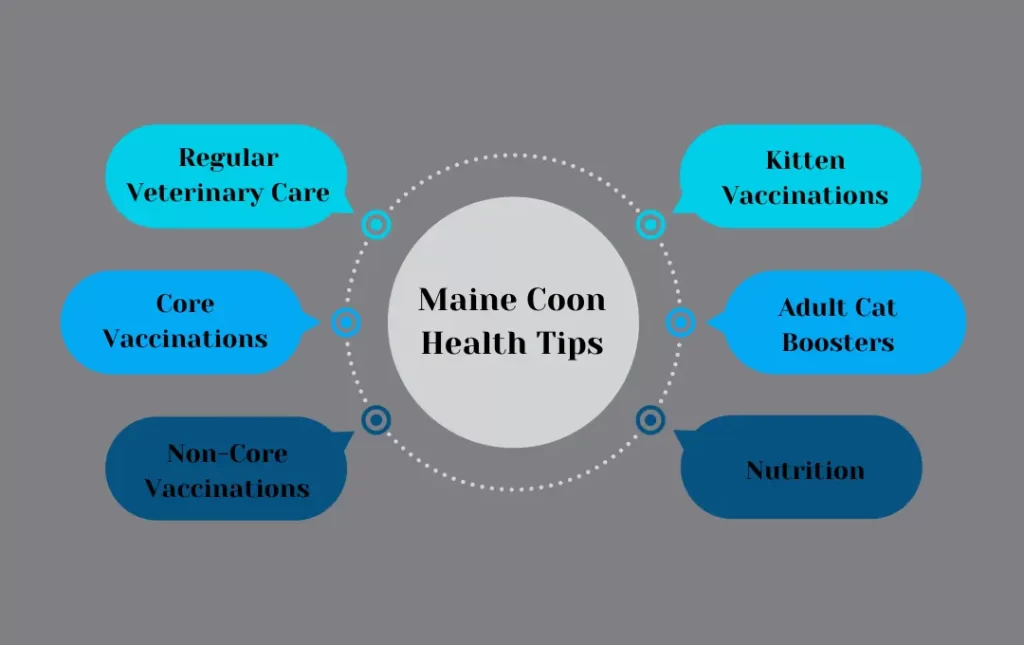
Lower Long-Term Costs: Cats that have received appropriate vaccinations and regular veterinary care are less likely to develop preventable diseases. This can lead to lower long-term veterinary expenses for the owner.
Peace of Mind: Knowing that a cat has been vaccinated against common feline diseases, such as feline leukemia and distemper, provides peace of mind to the buyer. It reduces the risk of the cat contracting these illnesses, which can be costly to treat and emotionally distressing for the owner.
Health Guarantees: Reputable breeders often provide health guarantees for their kittens. These guarantees may include a specific period during which the buyer can return the cat if it develops health issues or congenital conditions. Cats with such guarantees tend to have higher initial costs.
Compliance with Legal Requirements: In some regions, certain vaccinations, such as rabies vaccinations, are legally required. Cats that have received these vaccinations are more likely to be in compliance with local laws, which can be essential for cat owners.
Reduced Risk of Transmission: Vaccinated cats are less likely to transmit diseases to other cats in multi-pet households, which can be crucial for families with multiple feline companions.
Health Records: Cats with well-documented health records, including vaccination certificates, provide evidence of their health status. This transparency can justify a higher price, as it demonstrates that the cat has received proper care.
Geographic Location:
The geographic location in which you are purchasing a Maine Coon cat can have a significant impact on the price you’ll pay. The cost of Maine Coon cats can vary from one region to another for several reasons:
Cost of Living: Areas with a higher cost of living tend to have higher prices for most goods and services, including pets. In metropolitan areas and affluent communities, you can expect to pay more for a Maine Coon cat due to the increased general expenses.
Breeder Density: The number of reputable Maine Coon breeders in a region can influence the price. In areas with a higher concentration of breeders, prices may be more competitive, as breeders may lower their prices to remain competitive in the local market.
Local Demand and Supply: Regional demand and supply dynamics play a critical role in price fluctuations. In regions with a high demand for Maine Coon cats but limited availability, prices are likely to be higher. Conversely, in areas with a surplus of Maine Coon cats, prices may be more affordable.
Transportation Costs: If you’re buying a Maine Coon cat from a breeder in a different location, you may need to consider transportation costs. These costs can vary depending on the distance, mode of transport, and any additional services related to the cat’s journey.
Breeder Reputations: Well-known breeders with strong reputations may command higher prices, even in regions with lower living costs. The breeder’s reputation and the quality of their Maine Coon cats can transcend geographic boundaries.
Legal Regulations: Some regions or countries may have specific legal regulations or requirements related to pet sales or breeding, which can influence the overall cost of Maine Coon cats. Compliance with such regulations may lead to additional expenses for breeders, which could be reflected in the cat’s price.
Local Economy: The overall economic health of a region can affect the disposable income of potential cat buyers. In economically prosperous areas, people may be more willing to invest in a higher-priced Maine Coon cat.
Demand and Supply:
Understanding these factors will help you navigate the world of Maine Coon cat pricing. Keep in mind that while price can be an important consideration, it should not be the sole determining factor when choosing a Maine Coon cat. Your cat’s health, temperament, and compatibility with your lifestyle are equally important aspects to consider when making this significant decision.
Average Price of a Maine Coon Cat
As of my last knowledge update in September 2021, the average price of a Maine Coon cat can vary widely depending on several factors, including breeder reputation, pedigree, age, health, geographic location, color and coat pattern, and more. It’s important to note that these prices are subject to change over time and may fluctuate based on market demand and other factors. Below is a general price range for Maine Coon cats:
Kittens: Maine Coon kittens are often the most expensive and can range from $800 to $2,500 or more. Some exceptional kittens with champion bloodlines or unique color patterns may even exceed this range.
Adolescents: Cats that have outgrown the kitten stage but are still relatively young may be priced between $500 and $1,500.
Adult Cats: Adult Maine Coon cats are typically less expensive than kittens and adolescents and may range from $300 to $1,000 or more.
Breeding Cats: Maine Coon cats with exceptional pedigrees and breeding rights can command prices well over $2,500, and in some cases, significantly more.
Rescue or Shelter Cats: Maine Coon cats available for adoption from rescue organizations or shelters are often more affordable. Adoption fees can vary, but they typically range from $100 to $300, and sometimes include spaying/neutering, vaccinations, and basic health care.
Please keep in mind that these are general price ranges, and actual costs can vary based on the factors mentioned earlier. It’s essential to research and choose a reputable breeder or adoption organization that prioritizes the health and well-being of their cats. Additionally, prices may have changed since my last update, so I recommend contacting local breeders and rescue groups or checking online listings to get the most up-to-date pricing information in your area. Remember that the initial cost is just one aspect of cat ownership, and ongoing expenses, such as food, veterinary care, and grooming, should also be considered when budgeting for a Maine Coon cat.
The Cost of Owning a Maine Coon
The cost of owning a Maine Coon cat goes beyond the initial purchase price. To provide proper care and ensure the well-being of your feline companion, you should consider the ongoing expenses associated with cat ownership. Here are the key costs to be aware of:
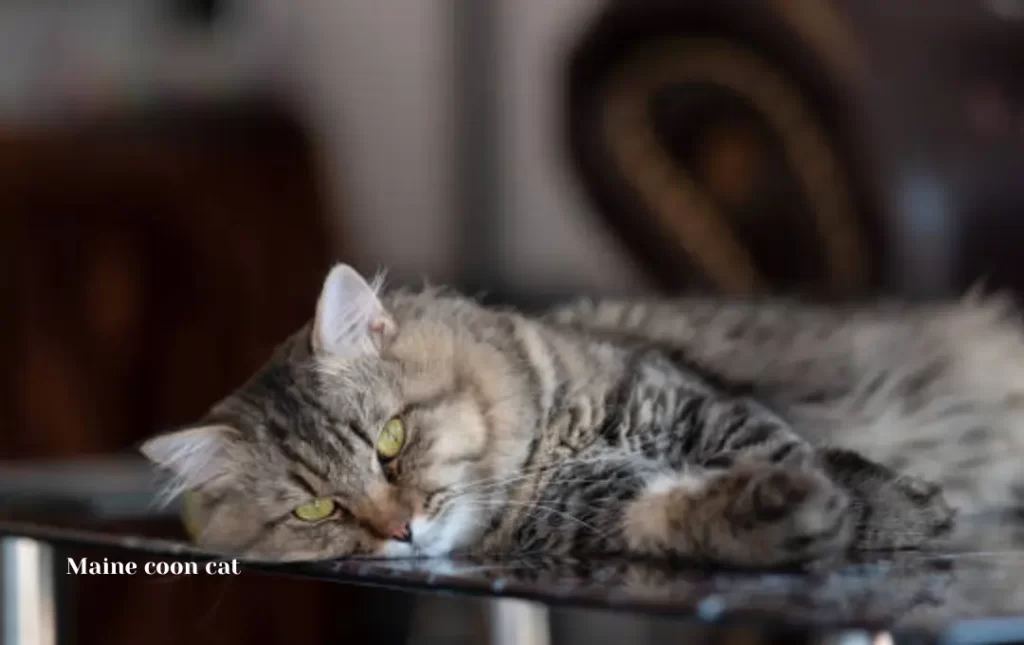
Food and Nutrition: Maine Coon cats are known for their hearty appetites. You’ll need to budget for high-quality cat food that meets their nutritional needs. Specialty cat food or breed-specific formulas can be more expensive.
Veterinary Care: Regular veterinary check-ups are essential to monitor your cat’s health, administer vaccinations, and address any medical concerns. Be prepared for expenses related to annual check-ups, vaccinations, preventive treatments, and unexpected veterinary visits for illnesses or injuries.
Grooming: Maine Coon cats have long, dense fur that requires regular grooming to prevent matting and tangles. You may need to invest in grooming tools or even seek professional grooming services periodically.
Litter and Supplies: You’ll need a litter box, cat litter, and other basic supplies like food and water dishes, a scratching post, toys, and a comfortable bed.
Health Insurance: Pet health insurance can help cover unexpected veterinary expenses and provide peace of mind. Monthly premiums can vary based on the level of coverage and your location.
Medications and Preventives: Maine Coon cats may require preventive medications for issues like fleas, ticks, and heartworm. Additionally, medications for specific health conditions can add to your expenses.
Spaying/Neutering: If your cat is not already spayed or neutered, this procedure is not only essential for controlling the pet population but can also prevent certain health issues. The cost can vary depending on the age and gender of the cat.
Training and Behavioral Aids: Training aids or behavioral tools may be necessary, especially if you have a Maine Coon kitten. These expenses can include items like a litter training system, cat trees, or interactive toys.
Pet Sitters or Boarding: If you travel frequently or need someone to care for your cat when you’re away, you may need to budget for pet-sitting services or boarding fees.
Emergency Fund: It’s wise to set aside an emergency fund for unexpected veterinary bills or other urgent expenses that may arise.
Housing and Safety Measures: Cat-proofing your home, providing a safe outdoor space, or setting up a cat-friendly environment may involve additional costs.
Microchipping and Identification: Ensuring your cat has proper identification, such as a microchip, can be a valuable investment in case your cat ever gets lost.
While the costs of owning a Maine Coon cat can vary depending on your location and the specific needs of your cat, you should be prepared for an average annual expenditure ranging from $1,000 to $2,000 or more. Keep in mind that Maine Coon cats can live 12-15 years or longer, so it’s essential to budget for their long-term care and well-being.
Frequently Asked Questions
Conclusion
Maine Coon cats are a remarkable breed, known for their impressive size, friendly disposition, and captivating beauty. While the average price of a Maine Coon cat can vary widely, it’s crucial to consider the long-term costs of cat ownership.
Whether you choose to purchase from a reputable breeder, adopt from a shelter, or rescue organization, or find a Maine Coon through other means, remember that providing a loving and caring home is the most important aspect of cat ownership.

